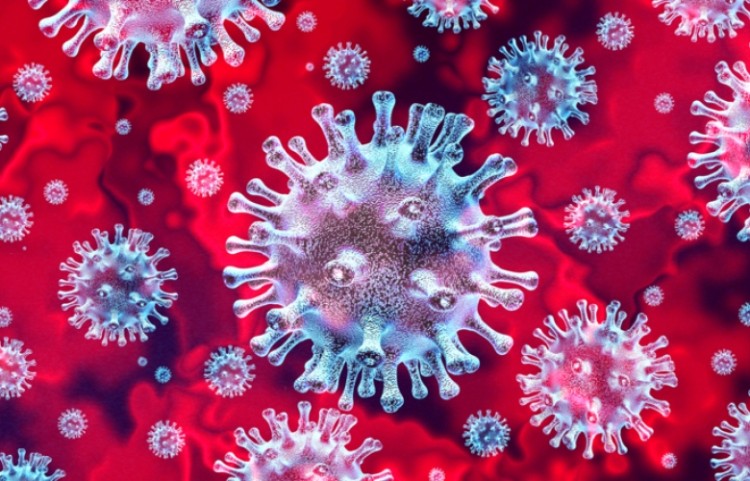Sweden introduces more Covid control measures

The Swedish government has introduced further COVID-19 infection control measures due to increased transmission rates and somewhat growing pressure on health care services.
The government also wants to reintroduce further support and compensation to reduce community transmission.
Furthermore, the government is presenting a plan for business support that may be reintroduced if stricter social restrictions need to be reimposed.
Vaccinations remain the key to reducing the risk of infection, disease and death, and to avoiding the introduction of further measures.
New measures to reduce transmission rates
Infection control measures will be introduced in three stages. As of December 8, when the first stage begins, a number of infection control measures will be added to the recommendations that already apply.
The assessment of the government and the Public Health Agency of Sweden is that Sweden is experiencing increased transmission rates and somewhat growing pressure on health care services.
Additional infection control measures are therefore needed in the first stage of response.
The recommendations aim to reduce contact between people, and they are directed at a range of actors.
Employers should, if possible, avoid holding large indoor gatherings, enable employees to maintain a safe distance from each other and, when appropriate, to work from home to a certain extent.
The government intends to take a decision on tasking government agencies in this regard.
Higher education institutions, including universities, university colleges, folk high schools, vocational higher education institutions and municipal adult education institutions should continue face-to-face teaching but take infection control measures, including social distancing, at large indoor gatherings.
Schools should take preventive measures, for example, by ensuring a safe distance between people at concerts and end-of-term events in indoor settings.
Eating and drinking establishments should prevent crowding and take other appropriate infection protection measures.
Everyone should maintain a safe distance in public spaces, especially indoor spaces. Everyone should avoid crowded areas. This recommendation is directed at both children and adults.
Adults should avoid crowding on public transport, if possible, by travelling at off-peak times or choosing other transport modes.
Adults should use face masks in crowded areas or when it is not possible to maintain a safe distance on public transport, whether travelling short or long distances and regardless of transport mode (bus, train, taxi, ferry).
Public transport should run as frequently as required to prevent crowding, and service frequency should not be reduced.
Further measures included in the action plan may be introduced in subsequent stages if the situation deteriorates.
A substantial increase in transmission rates and increased pressure on health services could lead to a second stage of additional measures.
Very high transmission rates and heavily burdened health services could lead to a third stage of additional measures.
Financial support to reduce transmission
Additional financial measures will be reintroduced to make it easier for people to stay home if they feel unwell.
Most of the measures will apply from December 8. It is proposed that they all apply until March 31.
The requirement of a medical certificate to receive disease carrier’s allowance will be removed. (The government will announce the date of entry in due course.)
Compensation to at-risk groups and certain relatives of people who are in at-risk groups will be reintroduced, and temporary parental benefit for parents of seriously ill children will be extended.
The possibility for parents to receive temporary parental benefit if schools or preschools close will be extended.
Compensation for the standard deduction for sick days for employees and self-employed individuals will be reintroduced to make it easier for people to stay home when they are unwell.
The state will compensate employers for higher sick pay costs than what is considered normal (retroactively from 1 December).
The exemption from taxation for benefits of free parking will be extended to reduce crowding in public transport.
The measures will be included in the additional amending budget that the government intends to present to the Riksdag early next year.
Preparedness to support businesses
The government wants preparedness to enable the swift reintroduction of support to Swedish jobs and businesses if new social restrictions become necessary and affect businesses’ ability to carry out their activities.
The government is therefore budgeting with a view to being able to reintroduce both the ordinary reorientation support and the turnover-based support for sole traders and trading partnerships. These forms of support would be designed along the lines of earlier support.
The government will also announce an extension of event support until 31 March 2022. This is to eliminate uncertainty and enable organisers to continue planning their events.
The government is also preparing a legislative amendment to remove the waiting period for aid in the event of short-time work so that employers that have received aid during the COVID-19 pandemic can apply, if necessary, for ordinary support for short-time work.
Swedish Government

